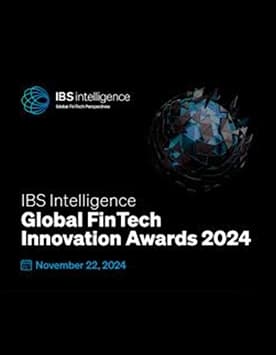Platforms
Turning big ideas for tomorrow's businesses.

FinTech
Secure, seamless digital payments in 50+ countries.
mobiquity® Pay
explore fintech
MarTech
AI-driven marketing automation for hyper-personalized experiences.
MobiLytix™ Marketing Studio
discover Martech
DigiTech
Simplify growth with intelligent business platforms tailored for telecom and beyond.
BlueMarble BSS
explore Digitech
RevTech
Gen-AI-powered platform unlocking telco potential.
CNPaaS
explore revtechCredible Impact
Driving global success that delivers lasting impact.



Trusted by Industry Leaders
Recognized for our work

Comviva Wins Gold at Brandon Hall Group™ HCM Excellence Awards® 2025 for Learning and Development

FNP and Comviva win Gold at Drivers of Digital Awards 2025
Honoured in the ‘Best Digital Payment Facilitator’ category for elevating checkout experiences at scale.

Antonio Meucci Award
Best Cpaas Provider

Global BankTech Award
Best Retail Banking Solutions Provider

IBSi Global FinTech Innovation Award
Most Innovative Digital Wallets Deployment for our work with Dahabshiil Inc

GLOTEL Award
Harnessing Network Exposure

Juniper Research Telco Innovation Award
Best RCS Business Messaging Solution ME & Africa

FStech Award 2024
Financial Inclusion

A legacy of innovation, a world of impact
At Comviva, our software platforms are shaping the digital landscape of business growth and customer experience across the globe.
About Comviva25+
Years of technological excellence
2Bn+
Platform users across the world
100+
Countries served
3000+
Thinkers, Researchers & Innovators
The latest from our desks

Inclusion Fails When It’s Treated As A Workshop, Not A Strategy

From Dazzle to Discipline: Signing Off 2025, Stepping Into 2026

Comviva unveils its AI vision for MarTech with GenAI-Driven MobiLytix® Real Time Marketing platform

Aduna and Comviva Partner to Drive Global Enterprise Adoption of Network Intelligence via NGAGE.ai

Airtel Money launches next-generation, cloud-native mobile money platform powered by Comviva’s mobiquity® Pay

Comviva Wins Gold at Brandon Hall Group™ HCM Excellence Awards® 2025 for Learning and Development

RC’s Exclusive Interview with Frost & Sullivan | Comviva’s 2.0 strategy




















